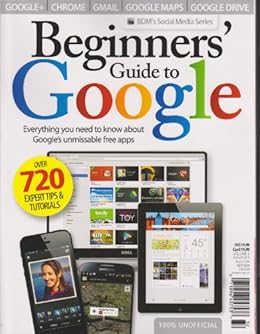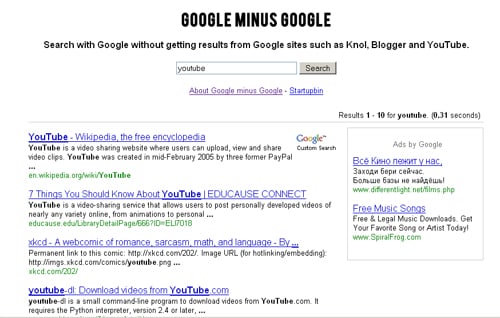Discovery Tools (Library catalogs, content publisher's databases, etc.) as a term refers to multifaceted databases that are evolving as a single point interface (to search less and find more using 'all' library resources, in one click). For a background and state-of-the-art reading, click here: Paths of Discovery.

In short, Google, Librarians and Discovery Tools are in the competition. In the following are the challenges faced by librarians' context in relation to planing and implementation of resource discovery--it is all about the evolving nature of effective ways of finding information, easily and user friendly.
Here are a few important contributions by librarians to understand the myths, presumptions, etc.:
- Top 10 Discovery Tool Myths [doc file]
- 8 hypotheses why librarians don't like discovery
- More articles on Discovery - Google Sites
- 8 things we know about web scale discovery systems in 2013
- Culture Shock: Librarians' Response to Web Scale Search
- As Researchers Turn to Google, Libraries Navigate the Messy World of Discovery Tools
- Library Resource Discovery Products: Context, Library Perspectives, and Vendor Positions
 Marshall Breeding --Single Issue Magazine – January 31, 2014
Marshall Breeding --Single Issue Magazine – January 31, 2014
Myth #1: My discovery tool is the biggest and /or the best.
Myth #2: Discovery tools will one day search all of a given library’s collections.
Myth #3: Federated search software is still useful
Myth #4: Discovery tools compete with Google.
Myth #5: The single search box is the goal
Myth #6: Discovery tools don’t require library instruction
Myth #7: Discovery tools are for mostly just for freshmen
Myth # 8: Subject-specific databases are dead
Myth #9: Discovery software vendor X pushes their results to the top
Myth #10: It only takes a few days to implement a discovery tool
Librarians don’t like discovery tools because…
1.They are too much extra work.
2.They weren’t our idea in the first place.
3.Strange things happen to our metadata.
4.Talking about the strange things happening to the data is hard.
5.They mess with the concept of the catalog.
6.They are hard to use in reference interviews.
7.They make users lazy and dumb. Sometime ago, I asked people about what they thought where the perceptions of librarians of their users.
8.They cost us our jobs. Continue reading: A growing organism: 8 hypotheses why librarians don’t like discovery
Many professors and students gravitate to Google as a gateway to research. Libraries want to offer them a comparably simple and broad experience for searching academic content. As a result, a major change is under way in how libraries organize information. Instead of bewildering users with a bevy of specialized databases—books here, articles there—many libraries are bulldozing their digital silos. They now offer one-stop search boxes that comb entire collections, Google style.
That’s the ideal, anyway. The reality is turning out to be messier. Continue reading: The Chronicle of Higher Education
 Available @ Amazon.com
Available @ Amazon.com







 More about (my new home) Google sites and the old home, READ
More about (my new home) Google sites and the old home, READ